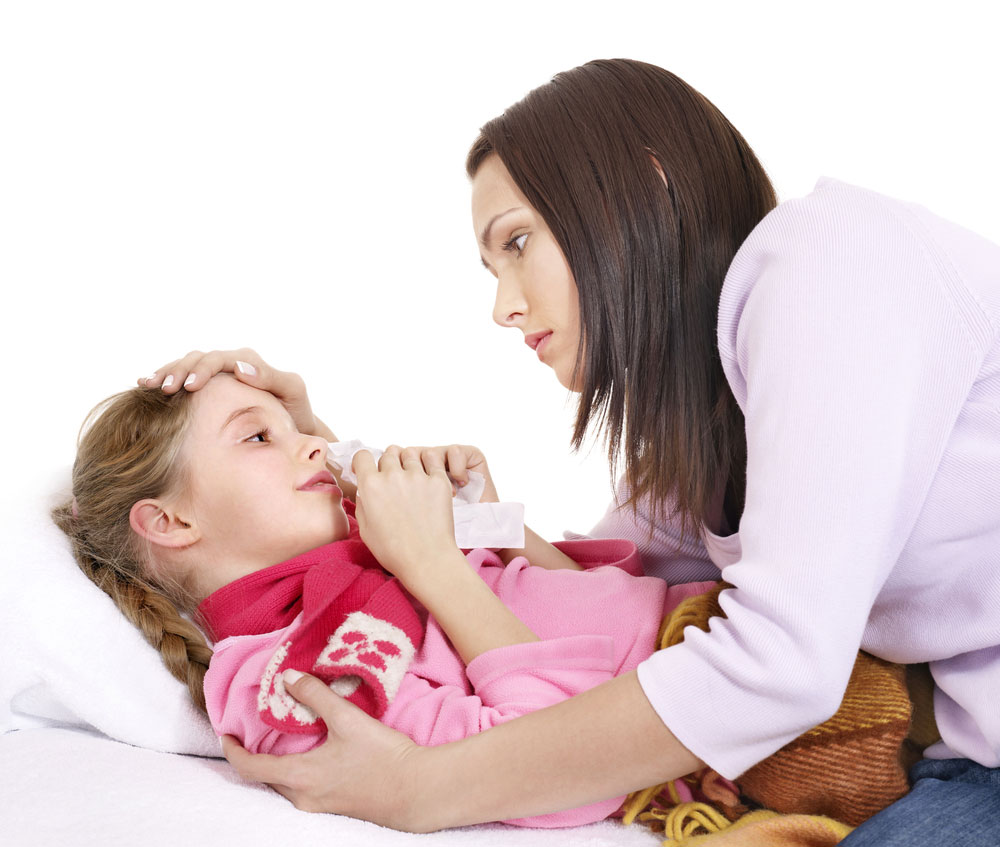Whooping Cough Vaccine May Wane in Pre-Teens

Changes to the vaccination schedule for whooping cough may be needed to better protect pre-adolescents from the infection during outbreaks, researchers say.
During the 2010 whooping cough outbreak in California, there was a spike in cases among children ages 7 to 10, the majority of whom had been fully vaccinated against the disease, a new study finds.
This suggests that immunity from children's last scheduled whooping cough shot, administered between ages 4 and 6, may wane before kids typically receive a booster shot, at age 11 or 12, the researchers said.
The study adds to a growing body of research showing whooping cough vaccine protection in children fades after three to six years.
Doctors should consider administering the last whooping cough shot in children at an age later than 4 to 6, or administering the booster shot earlier than age 11 or 12, the researchers said.
However, additional studies are needed to determine the optimal timing of whooping cough vaccines to best protect children and adolescents over their childhood, the researchers say.
The California outbreak offered additional lessons regarding ways to prevent whooping cough disease spread, the researchers said.
Sign up for the Live Science daily newsletter now
Get the world’s most fascinating discoveries delivered straight to your inbox.
During the outbreak, more than 9,000 cases of whooping cough, also known as pertussis, were reported. The majority occurred in infants younger than 2 months, a group that is not vaccinated against the disease. (Infants receive a series of vaccinations against pertussis, diphtheria and tetanus at ages 2, 4 and 6 months.) Ten infants died from the condition.
While there seemed to be a disproportionate number of cases among 7- to 10-year-olds, there were fewer cases among 11- to 14-year-olds, suggesting the whooping cough booster shot given at age 11 or 12 is effective, the researchers said.
One strategy to prevent whooping cough in young infants is to vaccinate the adults in frequent contact with them, a practice known as "cocooning." However, cocooning is resource-intensive, and studies on its effectiveness are lacking, the researchers said.
Vaccinating pregnant women is another possible way to prevent whooping cough in infants, a practice that was recommended by the Centers for Disease Control and Prevention last year.
Researchers are also evaluating the effectiveness of vaccinating children against whooping cough at birth. However, infants would still be vulnerable until their bodies properly responded to the vaccine, the researchers said.
Pertussis is very infectious, and high levels of immunity in the population will be needed to prevent disease spread in the country. But because the vaccine does not protect people for life, it will be difficult, if not impossible, to achieve this, the researchers said.
"In the absence of better vaccines, it is imperative that strategies to protect young infants directly, such as maternal vaccination, be evaluated for effectiveness," the researchers say.
The study is published today (July 19) in the Journal of Pediatrics.
Pass it on: During the 2010 outbreak of whooping cough in California, there was a spike in cases among pre-teens, suggesting a change in the vaccination schedule may be needed to better protect this group.
Follow MyHealthNewsDaily on Twitter @MyHealth_MHND. We're also on Facebook & Google+.










